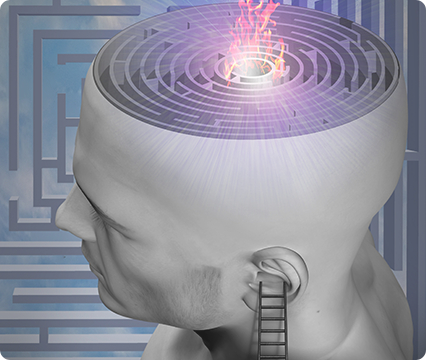Role of inflammation in depressive and anxiety disorders, affect, and cognition: genetic and non-genetic findings in the lifelines cohort study
Inflammation has been linked to various neuropsychiatric symptoms, though the direction of this relationship is still uncertain. To explore whether inflammation influences mood disorders, anxiety, and cognitive performance, Mac Giollabhui et al. (2025) employed a combination of non-genetic methods, genetic risk scores (GRS), and Mendelian randomization (MR) analyses. They studied data from approximately 55,098 individuals (59% women) in the Dutch Lifelines cohort, examining both current and future associations between C-reactive protein (CRP) levels and emotional as well as cognitive outcomes. These included depression, anxiety, positive and negative affect, and cognitive functions like attention, psychomotor speed, memory, and executive skills, assessed initially and again after an average of 3.91 years. Additionally, the study assessed how genetic predispositions for inflammation—measured by GRSs for CRP, interleukin-6 (IL-6), IL-6 receptor (IL-6R and soluble IL-6R), and glycoprotein acetyls (GlycA)—related to these outcomes in up to nearly 58,000 participants. Findings from non-genetic analysis showed that higher CRP levels were linked to depression, increased negative affect, decreased positive affect, and impairments in executive function, attention, and psychomotor speed—even after adjusting for other factors. Genetically, the CRP GRS was related to anxiety disorders, and the GlycA GRS was tied to major depression. Both CRP and GlycA GRSs were also associated with more negative affect. Most inflammatory GRSs did not show associations with cognition, except for the soluble IL-6R GRS, which was linked to poorer memory. Although the MR analysis did not find strong evidence for CRP causing anxiety, results across methods consistently indicated a relationship between inflammation and negative emotional states. Overall, these findings suggest that inflammation may play a role in a wide range of emotional symptoms across different psychiatric conditions. [NPID: Inflammation, C-reactive protein, genetic risk scores, negative affect, depression, anxiety, cognition, lifelines cohort, interleukin-6]
Year: 2025
 Navigation
Navigation








